Number Recognition Building Vocabulary Worksheets for Ages 4-9
33 filtered results
-
From - To
Enhance your child's learning journey with our Number Recognition Building Vocabulary Worksheets designed for ages 4-9! These engaging worksheets promote early math skills and help children recognize numbers while expanding their vocabulary. Each activity is tailored to be fun and educational, fostering comprehension of numerical concepts in a hands-on way. From coloring and tracing to interactive exercises, our resources spark curiosity and make learning enjoyable. Perfect for homeschoolers, classroom settings, or after-school enrichment, these worksheets are an essential tool in building a strong educational foundation. Equip your child with essential skills today and watch their confidence grow!
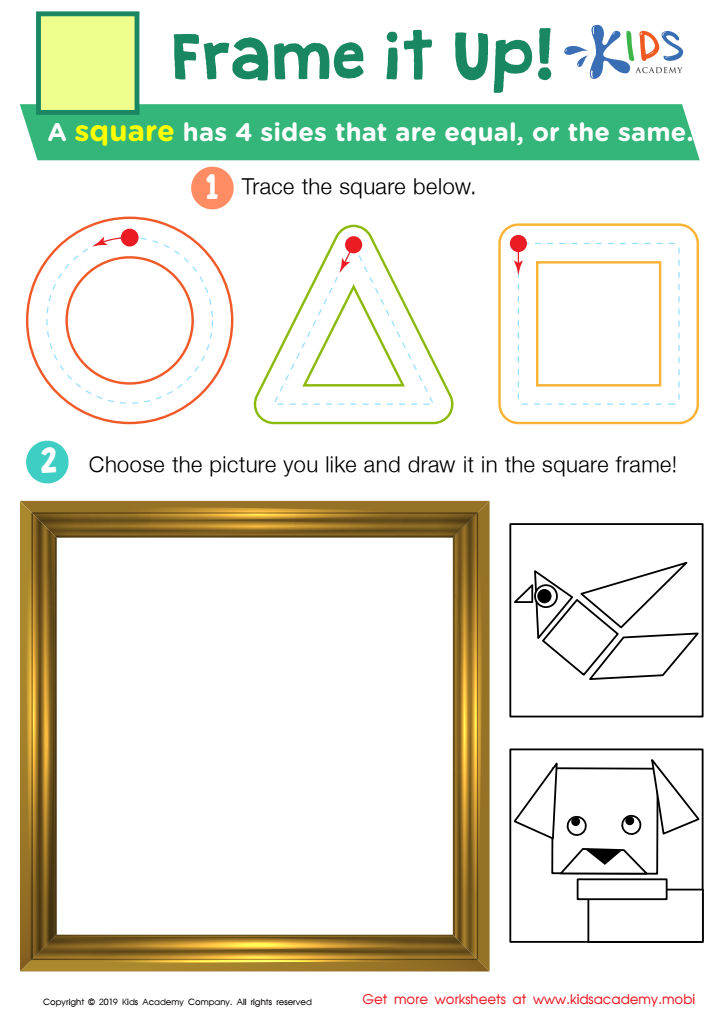

Frame it Up Worksheet
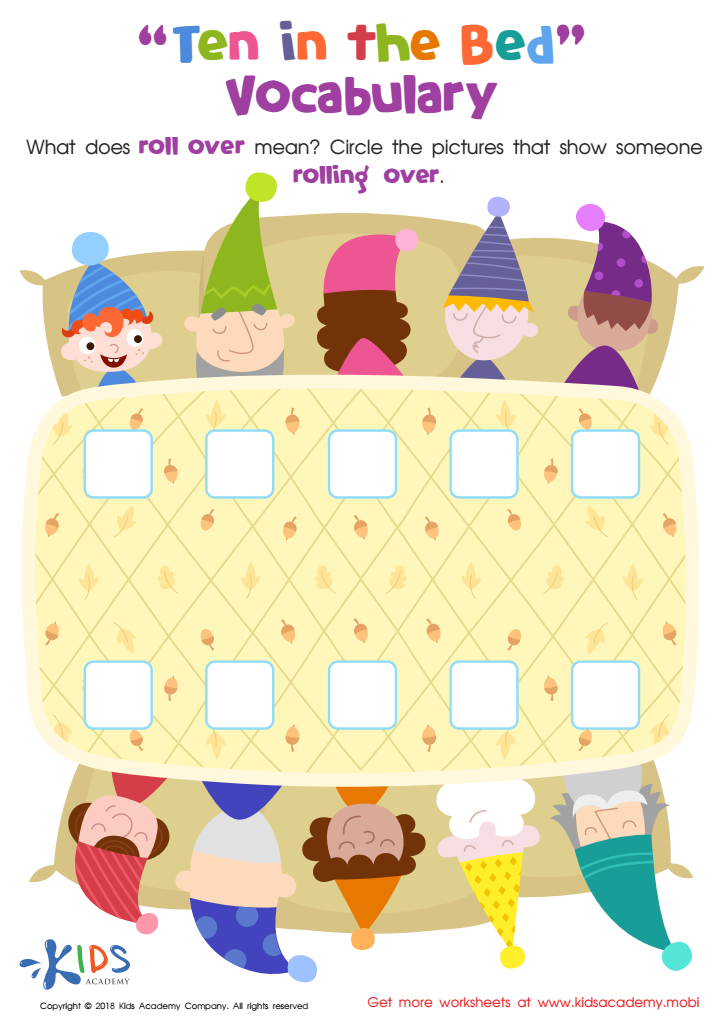

Ten in the Bed: Vocabulary Worksheet


Fish Worksheet
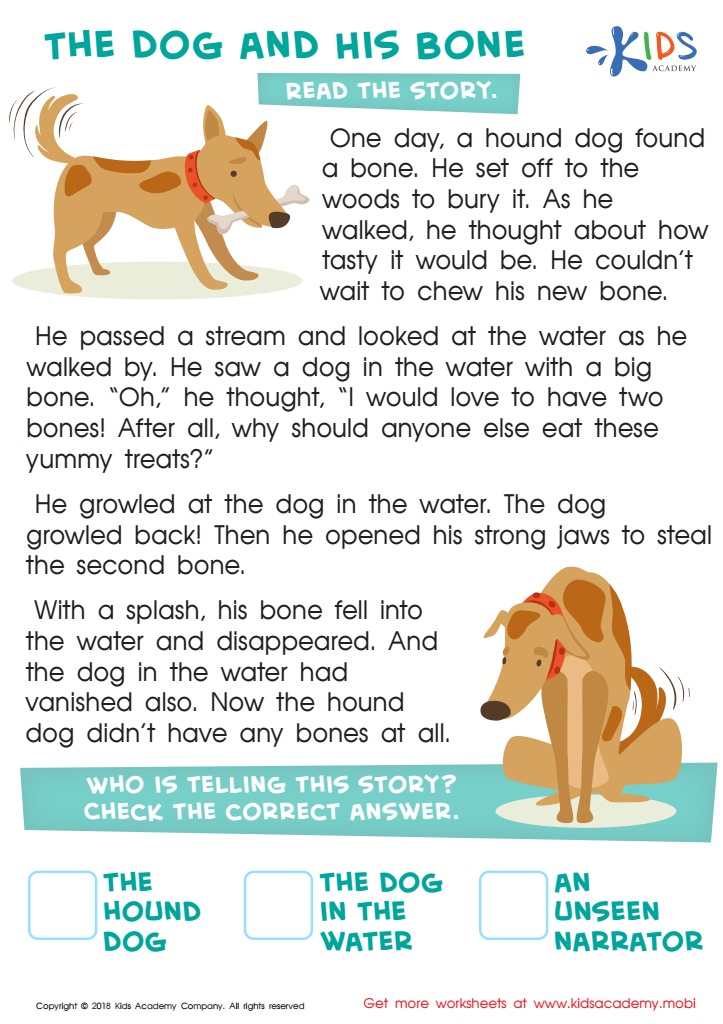

The Dog and His Bone Worksheet


More Octopus Facts Worksheet
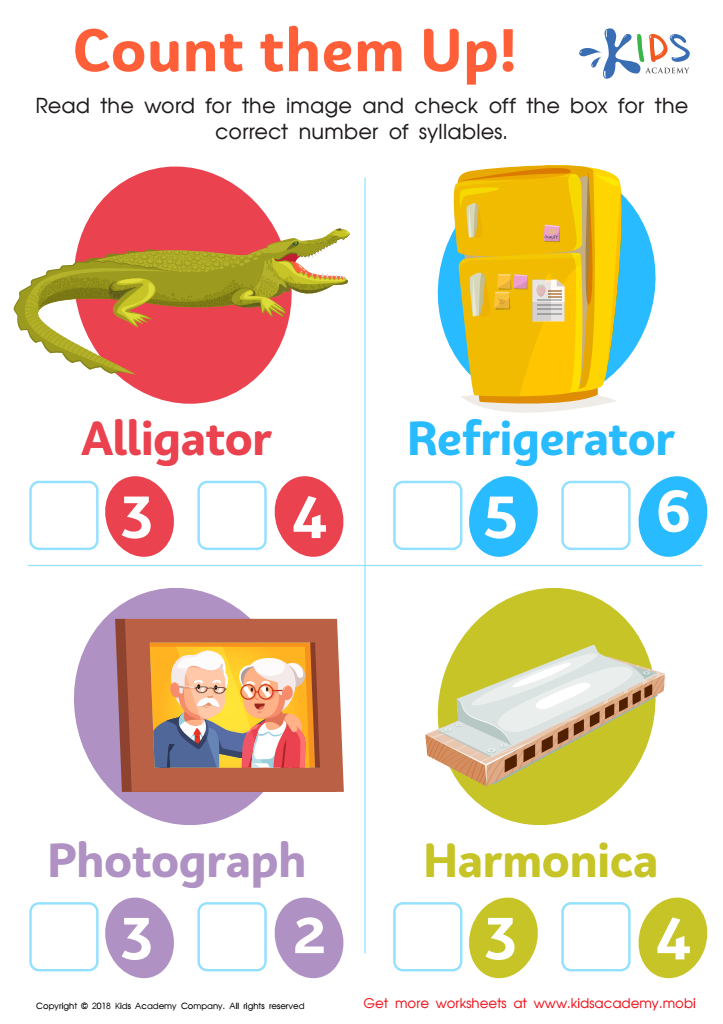

Count Them Up Worksheet
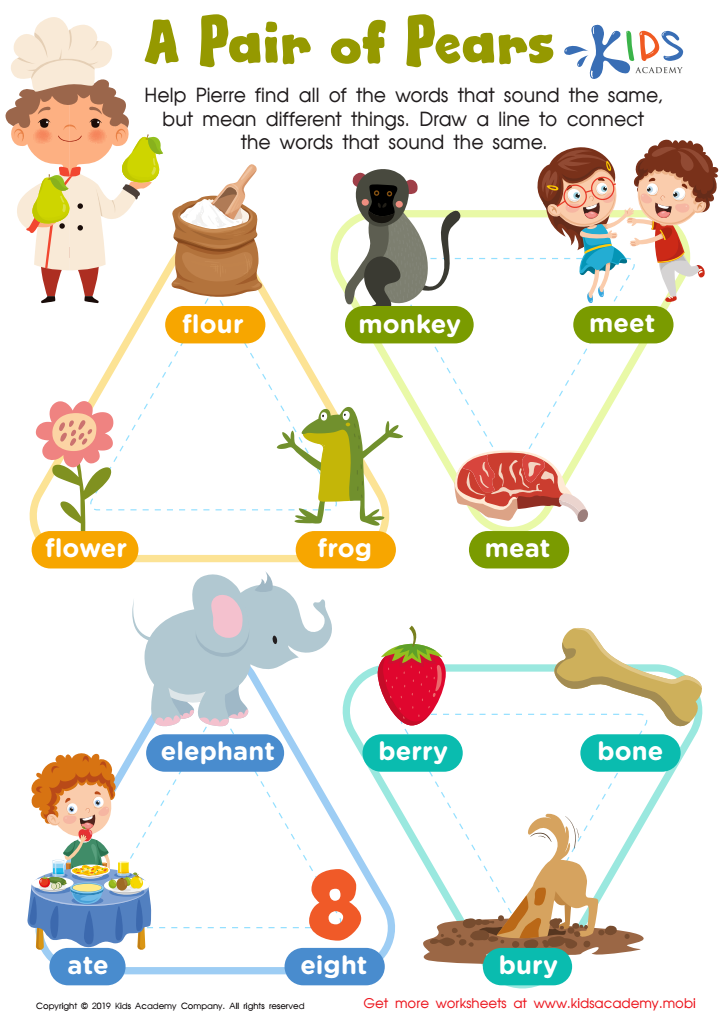

Pair Pears Worksheet
Number recognition and vocabulary building are crucial components of early childhood education for children aged 4 to 9. Developing strong number recognition skills helps lay a solid foundation for mathematical understanding, which is vital in later academic pursuits. When children can easily identify and understand numbers, they are better equipped to engage in basic arithmetic, problem-solving, and logical reasoning.
Moreover, vocabulary building during these formative years supports improved literacy skills. A rich vocabulary enhances a child’s ability to express thoughts, comprehend texts, and critically analyze information. For children ages 4 to 9, expanding their vocabulary goes hand-in-hand with developing number sense, as they learn to articulate mathematical concepts and reinforce their understanding through language.
Parents and teachers should care about these skills because they are instrumental in fostering cognitive and social development. Engaging children in activities that promote number recognition and vocabulary growth—from counting games to storytelling that incorporates numerical concepts—encourages curiosity, confidence, and communication. Additionally, a strong foundation in these areas can elevate children's overall educational experiences, making them more proficient learners as they advance through the school system, ultimately impacting their lifelong learning and success.
 Assign to My Students
Assign to My Students












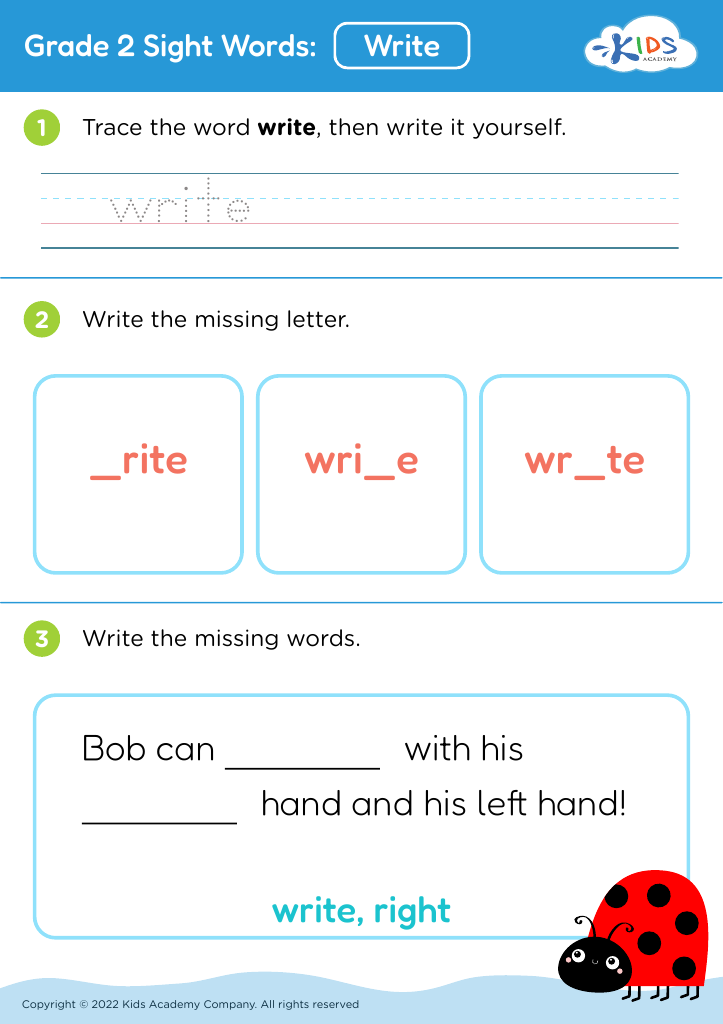

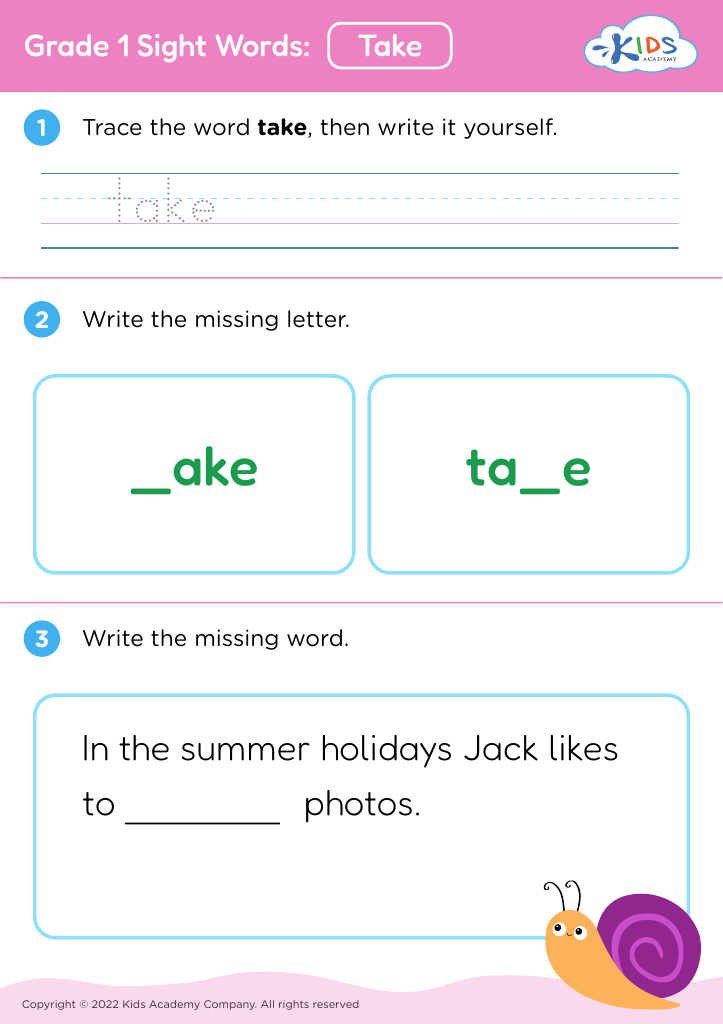
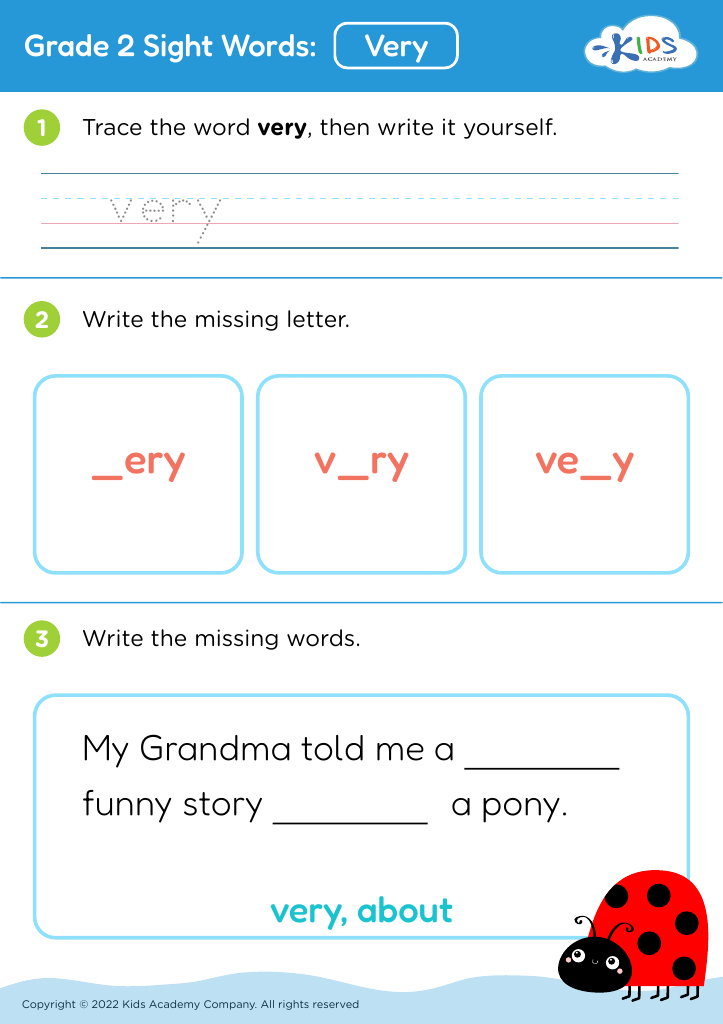
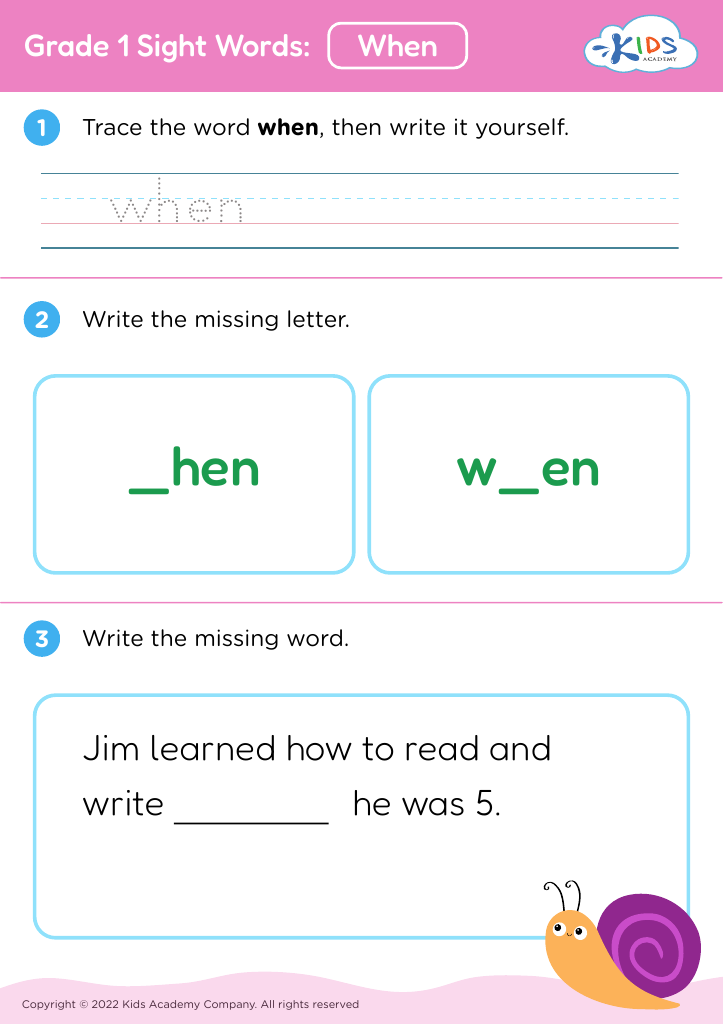

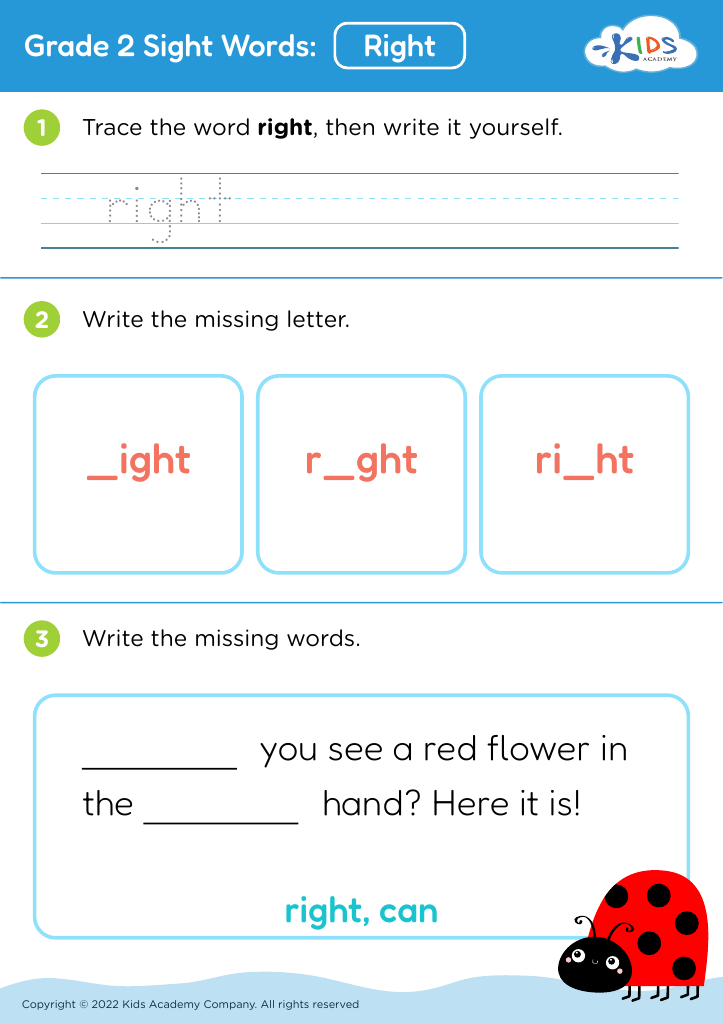
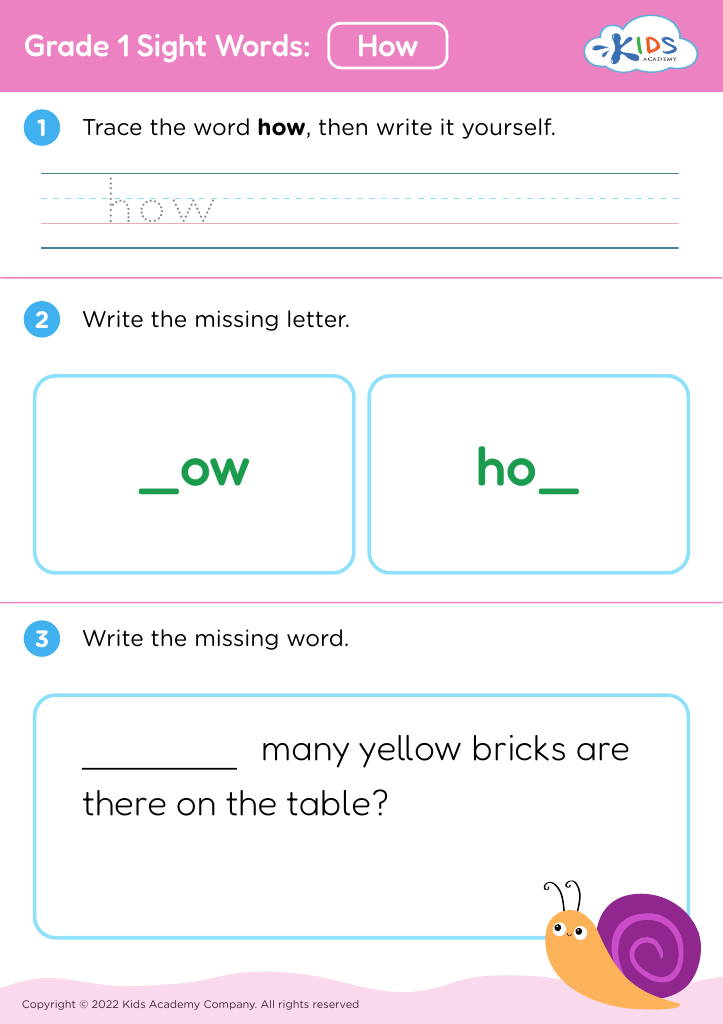
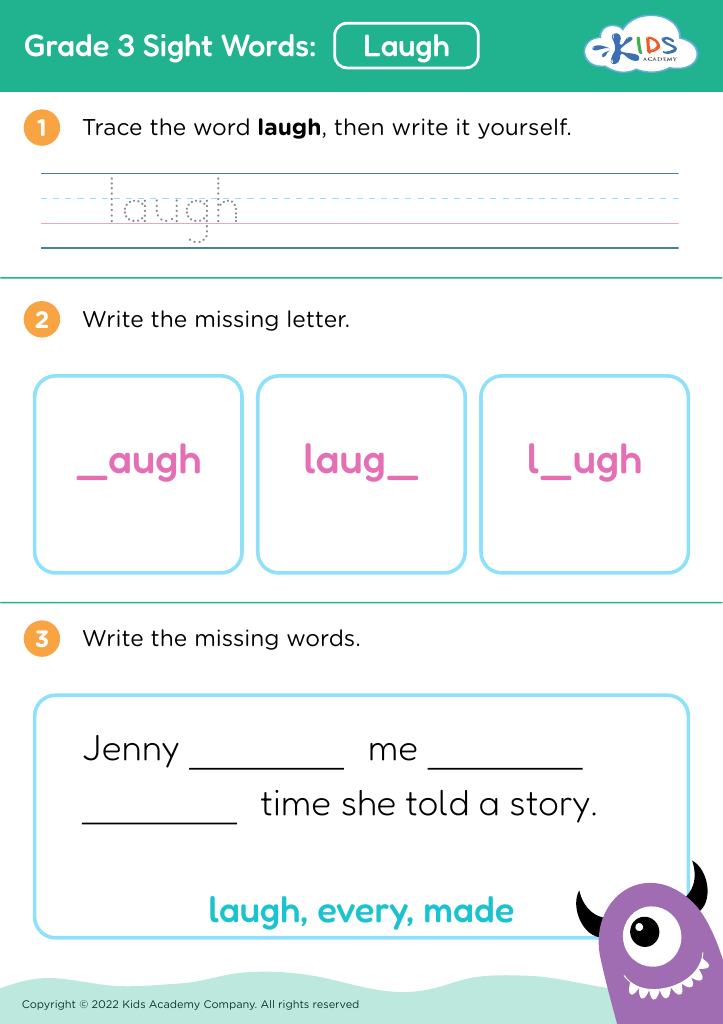

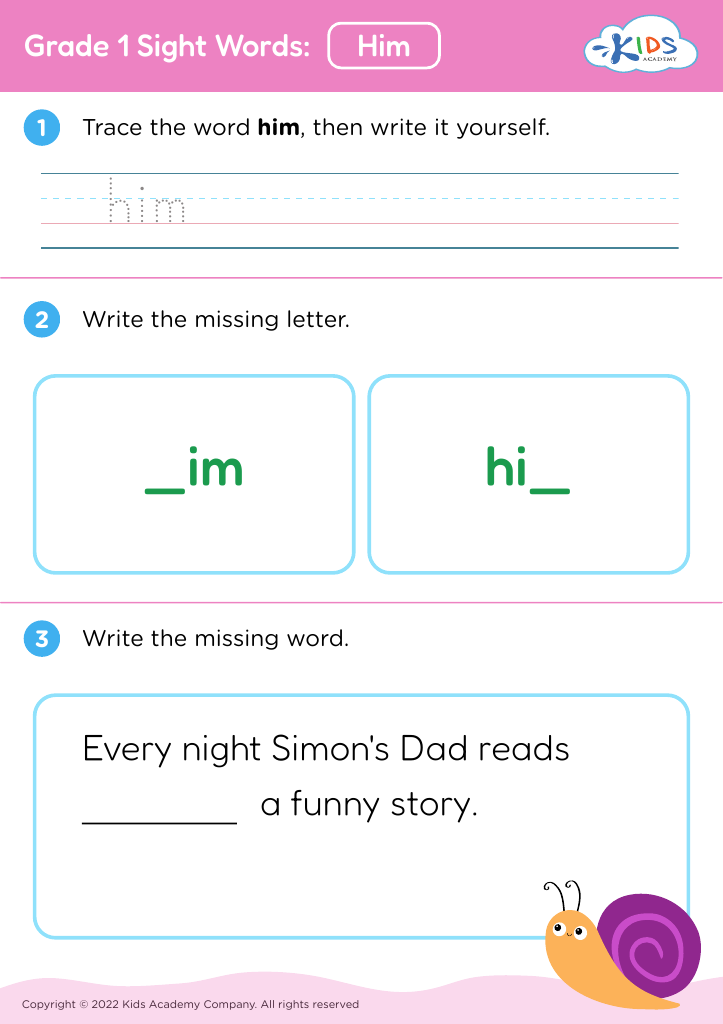
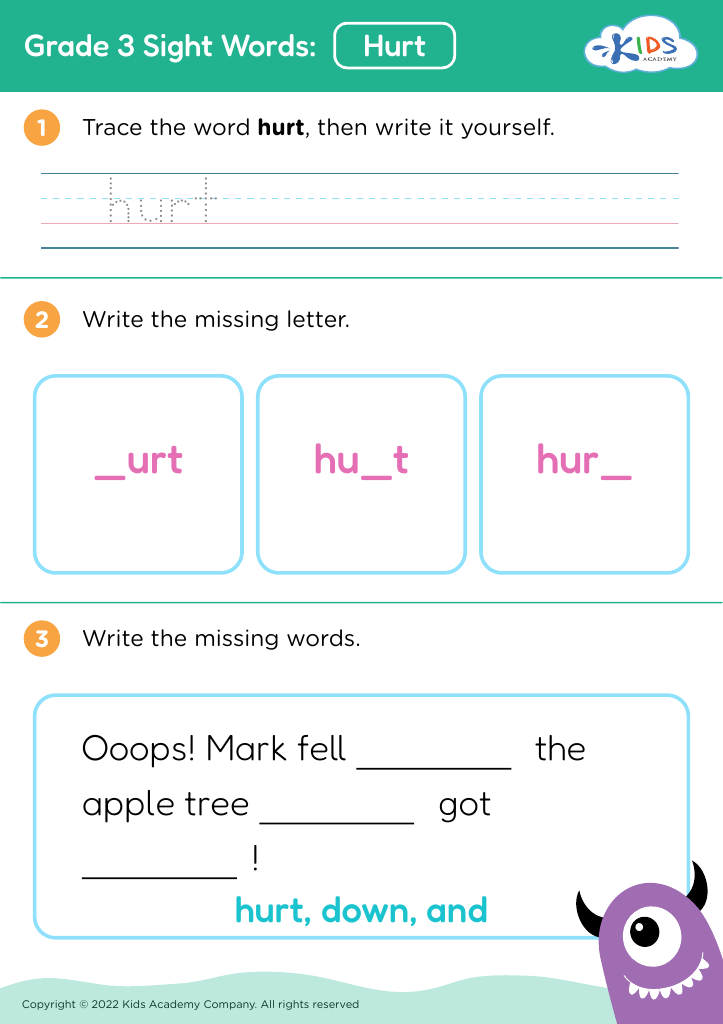

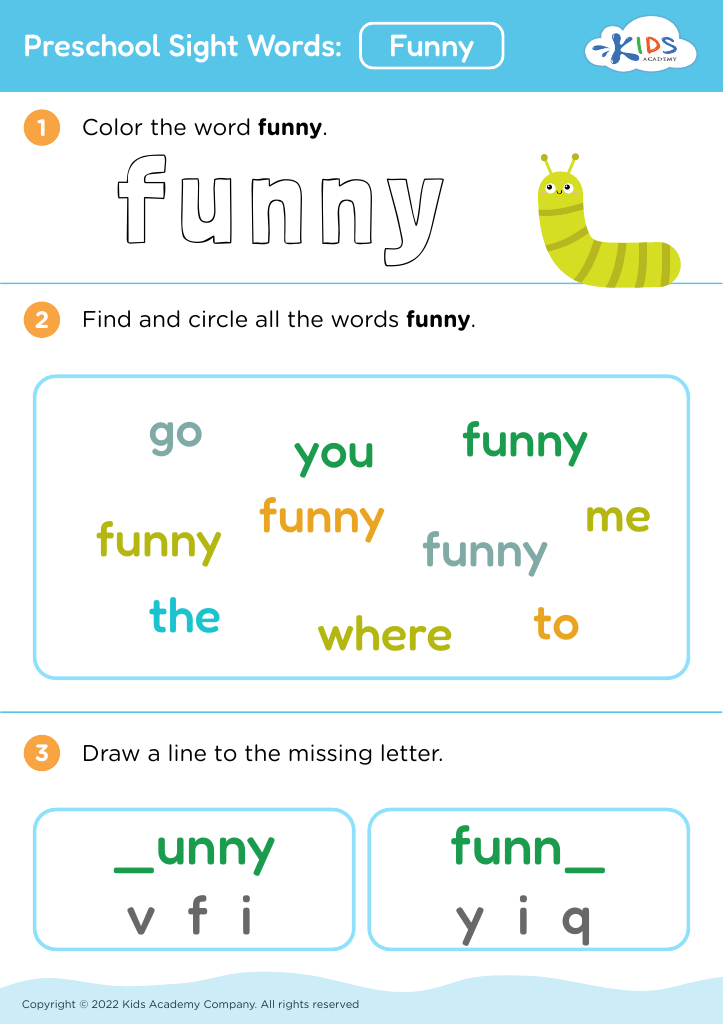
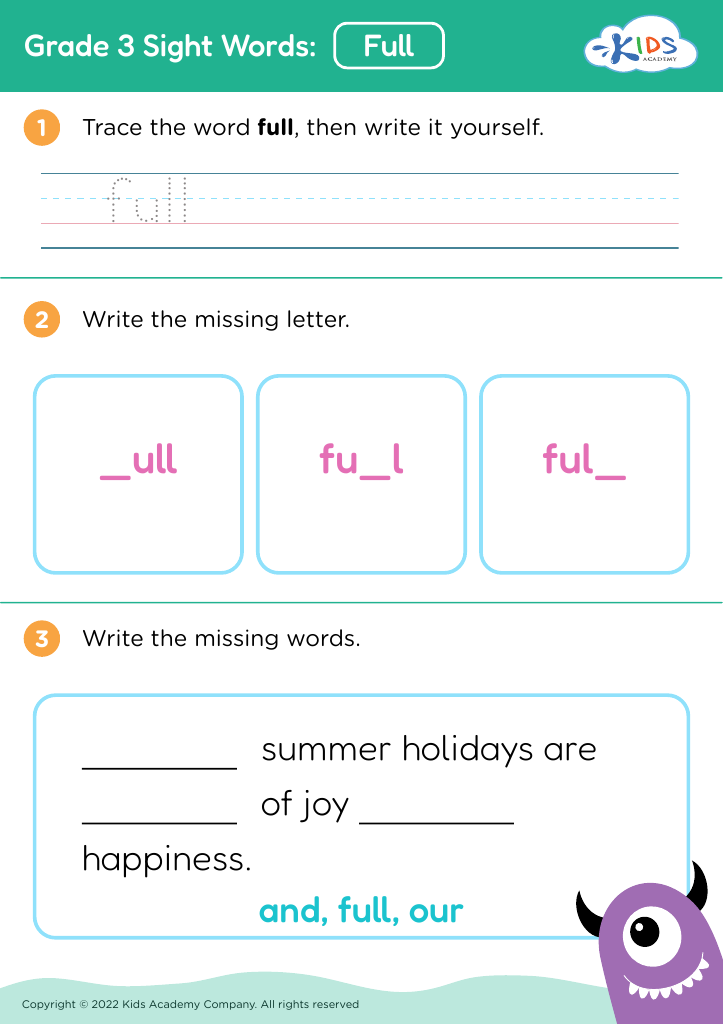






.jpg)









